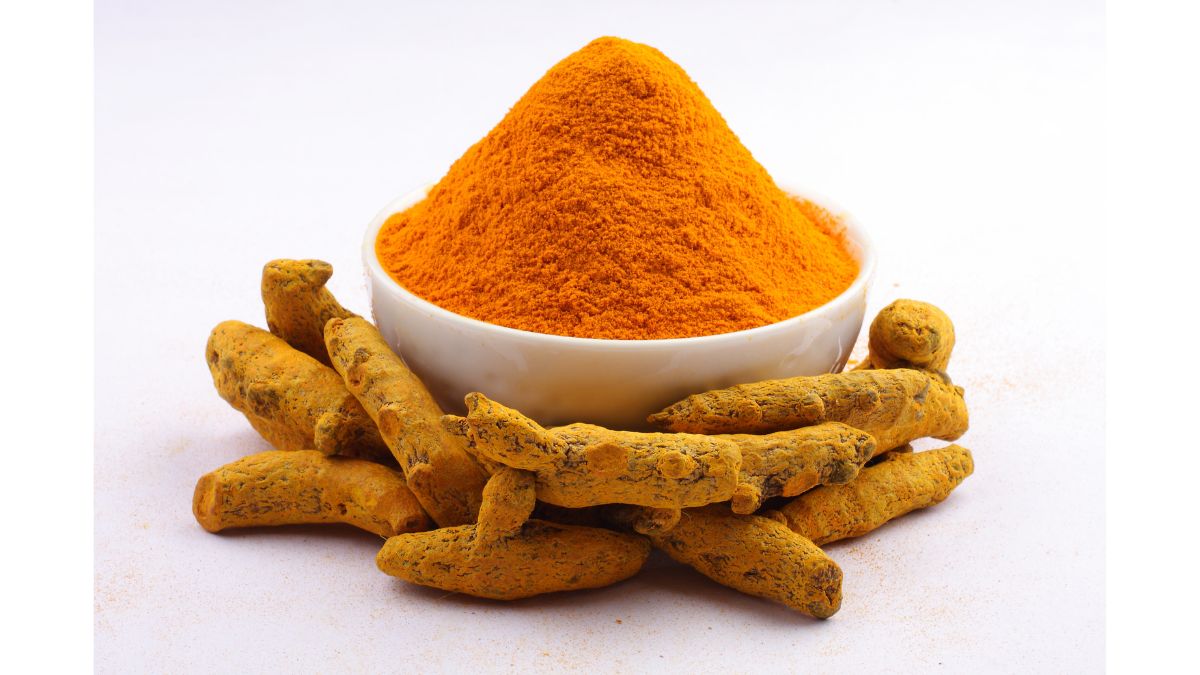- By Prerna Targhotra
- Sat, 28 Dec 2024 01:32 PM (IST)
- Source:JND
Foods To Keep You Warm: While cold weather might bring a longing for comfort foods, it is important to recognise that not all comfort food needs to be heavy or unhealthy. Instead of reaching for processed, calorie-laden options, the winter months present an opportunity to embrace nutrient-rich superfoods that not only provide warmth but also fuel your body with the vitamins, minerals and antioxidants it needs to thrive.
These superfoods can help regulate body temperature, boost energy levels, reduce inflammation and strengthen your immune system, vital for fighting off seasonal illnesses. By incorporating these 5 warming foods into your meals, you can enjoy hearty dishes that nourish from the inside out.
Foods To Keep You Warm In Winters
Ginger
Beyond its warming qualities, ginger is packed with antioxidants and anti-inflammatory compounds, which support the immune system and promote digestive health.
Sweet Potatoes
Sweet potatoes are a delicious and comforting food that provides a wealth of nutrients, making them an excellent choice for chilly days. They are rich in beta-carotene, which converts to vitamin A in the body and supports immune function, skin health and vision.
Turmeric

Foods To Keep You Warm In Winter (Image Credits: Canva)
You can add turmeric to soups, stews and curries or enjoy it in a comforting cup of golden milk, which is made with milk, turmeric, honey and a pinch of black pepper.
Chilli Peppers
Chilli peppers are also packed with vitamin C, which helps support your immune system during flu season and protects against the common cold.
Oats
Oats are a classic winter breakfast that offers both warmth and sustenance. These whole grains provide slow-digesting carbohydrates, which help maintain steady energy levels throughout the morning, preventing the blood sugar spikes and crashes often caused by sugary foods.
ALSO READ: 5 Best Ways To Increase Calcium Absorption From Milk
ALSO READ: 5 Spices That Burn Fat And Lose Weight During Winter
(Disclaimer: This article is for informational purposes only. It is not a substitute for professional advice, diagnosis or treatment.)

